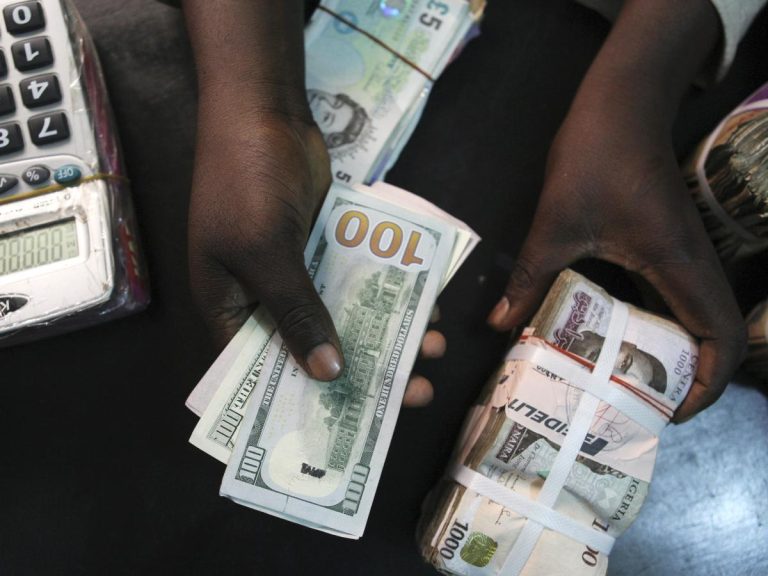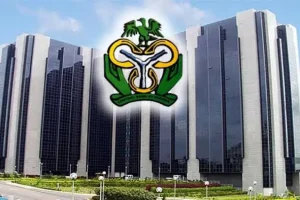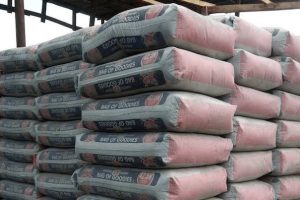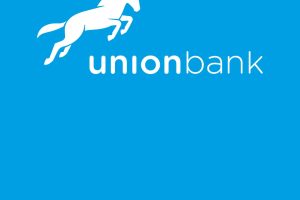
Dollar to Naira Exchange Rate Today – Black Market (Tuesday, April 15, 2025)
As of Tuesday, April 15, 2025, the exchange rate between the United States dollar (USD) and the Nigerian naira (NGN) in the Lagos parallel market, popularly known as the black market, remains dynamic. Information from currency traders operating at key locations indicates that the buying rate stands at approximately ₦1,600 per dollar, while the selling rate is around ₦1,620 per dollar.
This rate reflects the ongoing volatility in Nigeria’s foreign exchange environment, especially in informal markets where the exchange rate is driven by demand and supply rather than official regulatory frameworks.
Overview of Black Market Exchange Rates
| Currency | Buying Rate (₦) | Selling Rate (₦) |
|---|---|---|
| US Dollar (USD) | 1,600 | 1,620 |
These figures are based on observations and reports from Bureau De Change (BDC) operators in Lagos and may differ slightly in other parts of the country due to location-based pricing discrepancies.
Official CBN Exchange Rate Today
Despite the widespread reliance on the black market by many Nigerians and businesses, the Central Bank of Nigeria (CBN) maintains an official exchange rate system. The CBN discourages participation in unofficial currency trading and urges individuals or entities in need of foreign exchange to make use of authorized financial institutions such as commercial banks.
| Currency | CBN Rate Range (₦) |
|---|---|
| US Dollar (USD) | ₦1,593 – ₦1,630 |
It’s important to note that the CBN rate is often lower than the rate found on the parallel market. However, access to forex at the official rate is typically limited and subject to strict eligibility requirements and documentation.
Why the Discrepancy Between the Black Market and CBN Rates?
The disparity between the official exchange rate and the black market rate is influenced by several factors, including:
- Limited supply of foreign currency at official windows
- High demand for dollars among importers, travelers, and investors
- Macroeconomic challenges such as inflation, low foreign reserves, and reduced oil revenues
- Speculative trading by currency dealers and the public
These issues create pressure on the naira, leading to a higher exchange rate in the informal market compared to the official rate.
Foreign exchange rates in Nigeria, especially within the parallel market, fluctuate frequently due to economic news, government policies, and global financial trends. The figures provided in this update are based on market observations as of the time of writing and are intended for informational purposes only. Individuals and businesses are advised to verify rates with trusted dealers or official financial institutions before conducting transactions.





